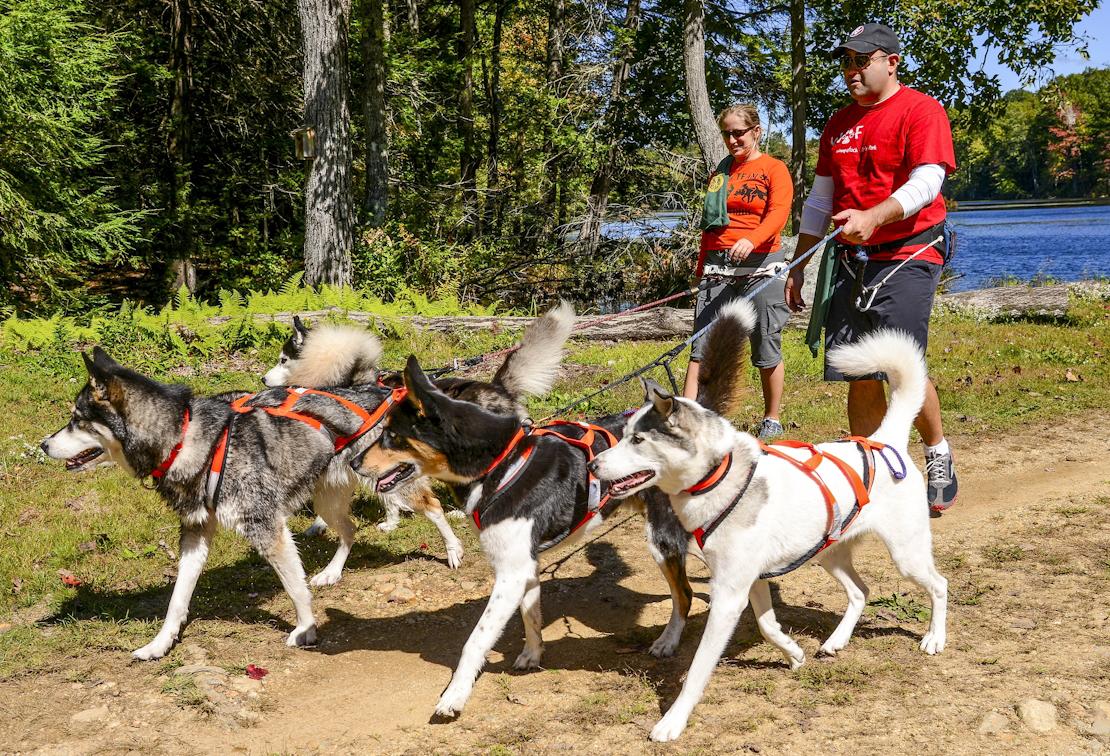While unfortunate, it’s normal behavior for wildlife, like coyotes, to attack pets like outdoor cats and unsupervised dogs. Predators can view cats and small dogs as potential food sources and large dogs as competition for mates or territory. Coyotes tend to be more aggressive toward dogs during mating season (January – March) and denning season (April – May), so people should take additional measures to protect their pets during that time.
Take these steps to avoid wildlife attacks on pets:
- It is your presence next to your pet that prevents an attack. Do not supervise your pets from a distance. Outdoor pets should be on a leash at all times.
- Keep cats indoors. If a cat is outdoors, they should be on a leash or directly supervised while in a secure enclosure.
- Keep dogs leashed and directly supervised whenever they are outside, especially early in the morning and at night.
- Install 6ft high fencing with the bottom extending 1ft underground provides the best protection for pets. If you have an existing fence, add a fence skirt that extends underground to prevent digging or roll bars to the top of the fence to prevent climbing.
- Visually scan your yard for wildlife before letting your dog outside.
- Illuminate your yard when your dog is outside when it’s dark.
- Remove all possible food sources that could attract wildlife to your property, including bird feeders, unsecured trash, pet food, and open compost.
- A bite from wildlife has the potential to spread disease, like rabies. Pets should be evaluated by a veterinarian if they are attacked by any wildlife.
It's not unusual to be observed by a coyote when you are walking your dog. The coyote may be patrolling their territory and watching to ensure you leave their space. If you are followed or approached by a coyote while outdoors with your pet:
- Do not run or turn your back.
- If possible, get your pet safely inside. Return outside immediately to haze the coyote.
- Haze the coyote by shouting at the animal, waving your arms, swinging a walking stick, throwing small objects in their direction, or physically chasing it away.
- Consider carrying a pocket-sized air horn or citronella spray if you seek additional protection when walking your pet.
Coyotes and other wildlife will also prey on unprotected livestock, like cage-free backyard chickens. Visit this webpage to learn more about how you can protect your poultry from predators.
